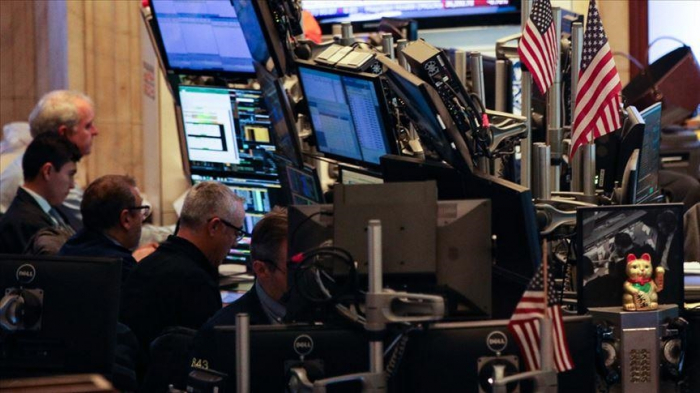US stocks have seen their worst first half of a year since 1970, as concerns grow over how steps to curb inflation will affect economic growth, BBC reported.
In the last six months, the benchmark S&P 500 index fell 20.6%, while other major US indexes also dropped sharply.
Stocks in the UK, mainland Europe and Asia have also suffered steep losses.
It comes as central banks around the world are trying to rein in soaring living costs, with prices of essential goods like food and fuel jumping.
Some economists expect the US, which is the world's biggest economy, to go into a recession as early as this year as interest rates continue to rise.
"If the US Federal Reserve continues hiking rates the stock market will react quite negatively," Dan Wang, chief economist at Hang Seng Bank China, told the BBC.
Another major US stock index, the Dow Jones Industrial Average fell by more than 15% in the first half of this year, the biggest drop for the period since 1962.
At the same time the technology-focussed Nasdaq Composite lost almost 30%, marking its largest ever percentage drop for the first half of a year.
Major stock market indexes outside the US have also fallen sharply this year.
The UK's FTSE 250 has dropped by more than 20%, while Europe's Stoxx 600 index has slipped by almost 17% and the MSCI index of Asia-Pacific markets has fallen by more than 18%.
It comes as many of the world's biggest central banks take steps to slow the rising in the cost of living, including raising interest rates.
Last month, the US Federal Reserve announced its biggest rate rise in nearly 30 years as it ramped up its fight to rein in soaring consumer prices.
The Bank of England also raised its key interest rate to the highest level in 13 years, from 1% to 1.25%.
More about:
















































